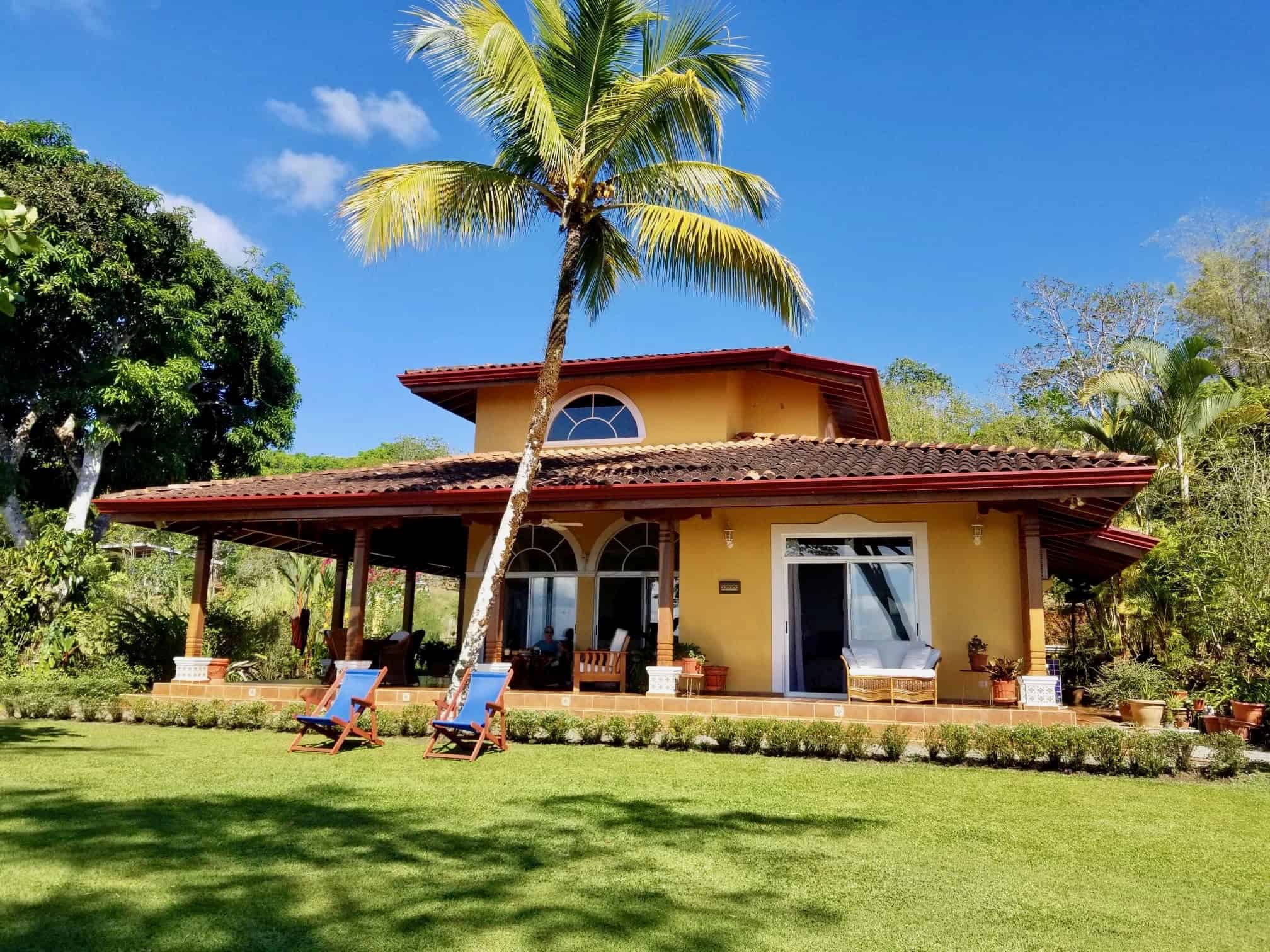I am a U.S. citizen who just graduated from college and am looking to move somewhere in Latin America, hopefully Costa Rica. A friend of mine mentioned The Tico Times, and after perusing your Web site, I thought you could help answer a few questions I have.
Mainly, I am wondering about costs in Costa Rica: how much is rent and food there? Are there any helpful Web sites or links that would have listings of available places to stay for the summer months? Also, what would the job market be like in such countries for a U.S. citizen?
Am I better off teaching English, working in the tourism industry, or writing for The Tico Times?
I really want to be there living a new lifestyle and exploring what else is out there in the world. Any Web links, ideas or suggestions you have would be greatly appreciated.
Tim Leonard
Birmingham, Michigan, USA
First things first: if you’re seriously considering a move to Costa Rica, you should check out at least one of the helpful guides created by some of the expatriates who’ve preceded you. They’re your best bet for thorough answers to your questions. The Tico Times guide, “Exploring Costa Rica’’, includes information on everything from banks, investment and real estate to schools and culture.
“Living Abroad in Costa Rica” by Erin Van Rheenen offers a wealth of information on a wide range of topics, from Costa Rican history to bringing pets into the country. Sections on jobs, real estate, and living options in different regions of Costa Rica are particularly useful. Other resources include “The New Golden Door to Retirement and Living in Costa Rica,” by longtime resident and Costa Rican citizen Christopher Howard, and “Potholes to Paradise: Living in Costa Rica – What You Need to Know,” by Tessa Borner. All these books are available at amazon.com.
That said, here is some general information to get you started. As anywhere, rent in Costa Rica varies widely depending on location and luxury. Even within greater San José, a room or apartment in a middle-class neighborhood like Tibás, north of the capital, costs far less than in the upscale western suburb of Escazú. Renting a room in the city might run you as little as $100 per month, depending on whether services such as meals or laundry are included, while a two-bedroom apartment might run from $200 on up.
To get a clearer idea of what’s out there and how rates compare in different parts of the country, check out The Tico Times’ Classifieds section or Spanish-language daily La Nación’s.
The cheapest option, ideal for temporary visitors and people who want to learn as much Spanish as possible, is a homestay with a family; the best way to arrange this is usually to ask your future employer, volunteer organization or language school for recommendations or contacts.
You’ll find that most costs are drastically lower than in the United States, such as beer, public transportation , cell phone useand restaurants. You’d be hard pressed to spend alot on a meal out unless you’re planning on dining in luxury. Your grocery costs will also be low if you stick to local products, though meats and imports such as certain breakfast cereals can be relatively expensive.
On the job front, teaching English is one of the most common employment choices for new arrivals here. Options abound.
Several organizations hire native English speakers, give them a brief training, and put them in charge of teaching English to Costa Rican employees of local and multinational companies. Generally, all you need is a college degree. The downside of these jobs, which usually pay somewhere in the ballpark of $5-6 per hour, is that they often require extensive bus travel, making it difficult to build up a hefty schedule of classes.
You can also teach at onsite language schools, which usually pay less per hour but more overall because you don’t spend so much time on the road. A quick Internet search turns up a wide range of resources on this topic; the Web site www.transitionsabroad.com offers links to several English schools in Costa Rica.
Again, for more information on a wide range of jobs, our classifieds can give you an idea of what’s out there, particularly for U.S. citizens and other foreigners; La Nación’s search engine “El Empleo,” found just above the “Económicos” tab described above, lets you search by category or position desired.
Though The Tico Times doesn’t currently have any openings, experienced, fully bilingual journalists and sales executives interested in jobs here can submit resumes to info@ticotimes.net for future consideration.
One factor to take into account when planning a move here, whether temporary or long-term, is residency. According to Costa Rican Immigration laws, foreigners can’t work here without temporary residency. Since you presumably are neither a retiree nor an investor (those apply for residency in separate categories), you will need to be sponsored by your future employer to begin the process.
Of course, you can enter as a tourist for up to 90 days.Many foreigners live in Costa Rica by leaving the country and re-entering every three months to renew their tourist status. These so-called “perpetual tourists” often work in the country, especially in temporary jobs, but this is illegal.






